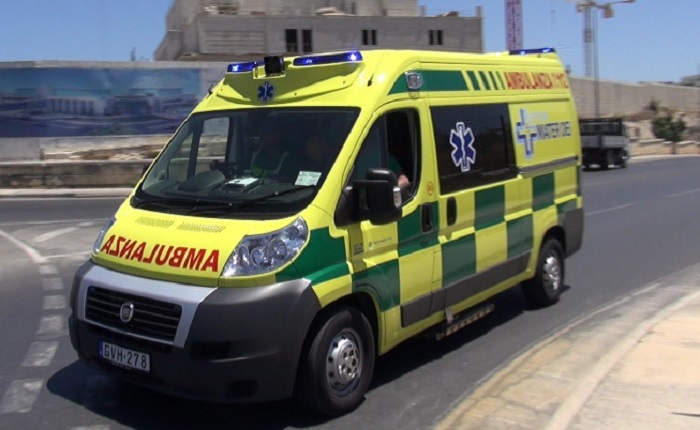Emergency ambulance responders paid less than animal ambulance drivers

Emergency ambulance responders are getting paid less than animal ambulance drivers with the discrepancy being to the tune of €5,000 per year, Voice of the Workers Weekly can confirm.
“The situation beggars belief and what is even more baffling is the government’s refusal to address this absurd anomaly whereby it seems that employees treating humans are not valued as much as those treating animals,” emergency ambulance responders told this portal.
These workers have resorted to industrial action in the wake of government’s refusal to start talks on a new collective agreement for this category of Covid-19 front liners. UHM Voice of the Workers which won official recognition of these employees two years ago, has been calling on the government to address the situation for 18 months.
It transpires that the maximum salary of emergency ambulance responders stands at €19,535 which is €1,313 less than the respective salary of an animal ambulance driver who earns up to €20,848. However, the discrepancy gets more pronounced when allowances are taken into consideration, as it results that animal ambulance drivers are getting paid around €5,000 annually more than emergency ambulance responders.
Sources within the healthcare system told Voice of the Workers Weekly that government’s unwillingness to resolve this anomaly could signal plans to privatise the core service which is crucial in the daily operations of State hospitals.
“This possibility which until a few years ago would have been unthinkable, is no longer such a remote scenario following government’s controversial decision to privatise three State hospitals – Gozo, Karin Grech and St Luke’s – to Vitals and subsequently Steward Health Care,” they said.
This privatisation agreement has come under fire as the concessionaire failed to honour key contractual obligations such as renovating St Luke’s and building a brand new hospital on the sister island despite receiving hundreds of millions annually from taxpayers’ funds.
It seems that government is now showing the exit door to emergency ambulance responders by refusing to improve their conditions to pave the way for the privatisation of this core service. Furthermore, rather than invest in new ambulances and modernise the facilities, the government is already making use of third-party ambulances owned by a contractor.
“Outsourcing the ambulance service makes no sense, as that money could go to give better conditions to government’s own emergency ambulance responders and invest in better resources,” these sources said.
Furthermore, government’s obstinacy is coming at a cost, as it is having to fork out huge sums of money to provide the ambulance service during the ongoing industrial action, which it could have avoided from day one.
Last summer, UHM has suspended industrial action on the understanding that government wanted to start talks on a new collective agreement. It turned out this was just a dishonest manoeuvre as in actual fact government did not budge from its position saying there was no room for discussion.
